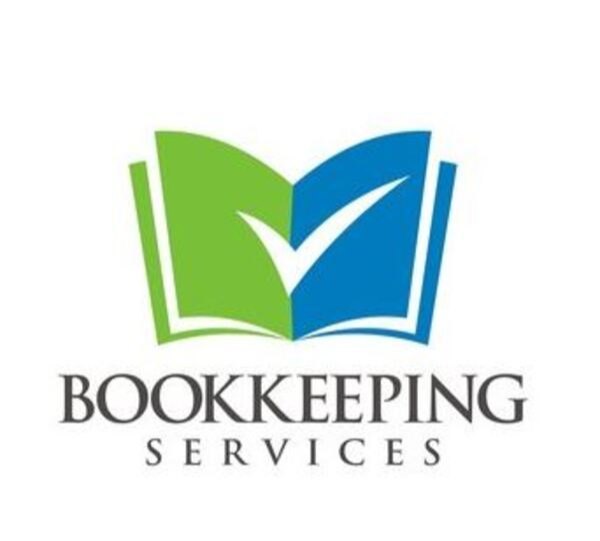 Role of invoicing for Bookkeeping
Role of invoicing for Bookkeeping
 In the bookkeeping process for a Contractual Service Provider, invoicing plays a crucial role in several aspects of financial management and record-keeping. An invoice serves as a formal request for payment for the services rendered to clients or customers.
In the bookkeeping process for a Contractual Service Provider, invoicing plays a crucial role in several aspects of financial management and record-keeping. An invoice serves as a formal request for payment for the services rendered to clients or customers.
Here’s a breakdown of the role invoicing plays in the bookkeeping process:
Documentation of Services Rendered:
Invoicing provides a detailed record of the services provided to clients. It outlines the nature of the services, the quantity, the agreed-upon rates, and any additional charges. This documentation is essential for maintaining a clear record of the work performed and the terms of the agreement.
Establishing Payment Terms:
The invoice outlines the payment terms, including the due date, payment methods, and any applicable discounts or penalties for late payment. This helps in managing cash flow and ensuring timely receipt of payments.
Revenue Recognition:
Invoicing is a critical component of recognizing revenue in the correct accounting period. The moment an invoice is issued, it signifies that revenue has been earned, even if the payment is received at a later date. This is important for accurate financial reporting and assessing the company’s financial health.
Client Communication:
An invoice is also a communication tool that conveys professionalism and transparency to clients. It summarizes the work performed and the associated costs, enhancing the trust between the service provider and the client.
Tracking Outstanding Payments:
Invoicing helps in keeping track of outstanding payments. By maintaining a record of invoices issued and their corresponding due dates, the service provider can follow up on overdue payments, reducing the risk of unpaid services.
To visit: https://www.mca.gov.in/
Expense Tracking:
Invoicing is often linked to expenses related to providing the services. This might include labor costs, materials, and other direct expenses. Accurate expense tracking ensures that the costs associated with delivering services are properly allocated.
Tax Compliance:
Invoices typically include information such as tax identification numbers, applicable taxes, and other regulatory details. Properly documented invoices assist in meeting tax requirements and facilitating accurate tax filings.
Financial Reporting:
Invoices contribute to financial reporting by providing data for generating income statements, balance sheets, and cash flow statements. These reports offer insights into the company’s financial performance, which aids in decision-making and strategy development.
Record Keeping:
Invoices serve as official records of financial transactions between the service provider and their clients. These records are necessary for internal audits, external reviews, and maintaining a clear audit trail.
In summary, invoicing is an integral part of the bookkeeping process for a Contractual Service Provider. It supports the accurate tracking of services provided, revenue recognition, client communication, expense allocation, tax compliance, and financial reporting. Proper invoicing practices contribute to effective financial management, transparency, and overall business success.
FAQs:

For further details access our website: https://vibrantfinserv.com
